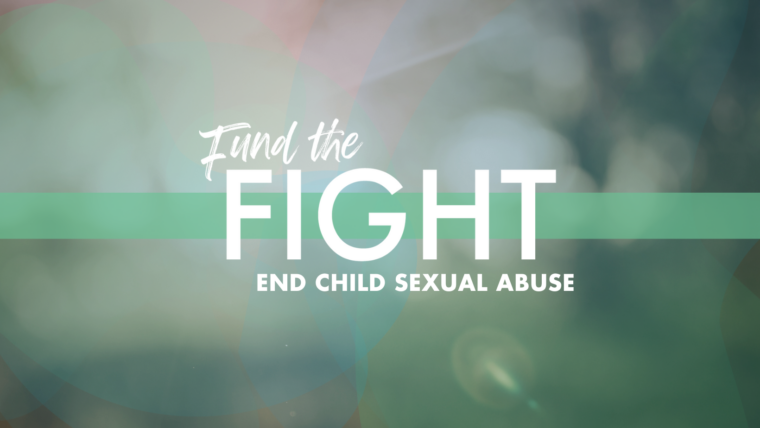Maybe you have a suspicion that a child is being abused based on something you’ve witnessed, or a child has told you that abuse is happening.
Either way, it’s your responsibility to report it to the authorities.
You do not need to have proof that abuse is occurring to make a report, only reasonable suspicion. Reasonable suspicion means that you have witnessed physical or behavioral signs of maltreatment, either in the child or parent/caregiver, or both. Or, you have received a disclosure from a child about abuse, neglect, or boundary violations towards them.
How do I report abuse?
Laws vary by state – it may be child protective services, a department of family and child services of your county, or law enforcement.
Do I have to report?
Darkness to Light believes that adults should always act in the best interest of the child, but for some individuals it may be legally required that they report abuse.
What are the laws about child sexual abuse?
Child abuse laws exist on the federal, state and local levels. Federal laws provide standards and guidelines; however, most child abuse issues are governed by state laws and regulations. All states have enacted laws for the protection of children from abuse and neglect.
WHAT IF I’M NOT SURE? WHERE DO I GO?
Child Advocacy Centers (CAC)
CACs coordinate all the professionals (legal and social services) involved in a case. If you’re unsure about whether to make an official report or just need support, contact a child advocacy center. They will help you evaluate your suspicions. To find one near you, contact National Children’s Alliance at www.nca-online.org or 1-800-239-9950.
Child Abuse Helplines
Helplines have staff specifically trained operators to deal with questions about suspected child sexual abuse. Call the National Sexual Assault Hotline, 1-800-656-HOPE (4673) to be routed to resources in your own community, or call the ChildHelp USA National Child Abuse Hotline, 1-800-4-A-CHILD
Local Community Agencies
Look for local agencies, such as local hotlines, United Way offices, or rape crisis centers that can often help.
Talk to the Child’s Parents
As long as they are not the abusers, you could provide educational materials to the parents, such as The 5 Steps to Protecting Our Children™ Guide. If the parent seems indifferent or unlikely to take action, call one of the other recommended sources.
These resources can help if you are unsure about whether abuse has occurred, but they do not substitute for making an official report. Remember that you may be a mandated reporter in your state and you may be the only source of protection for that child.


